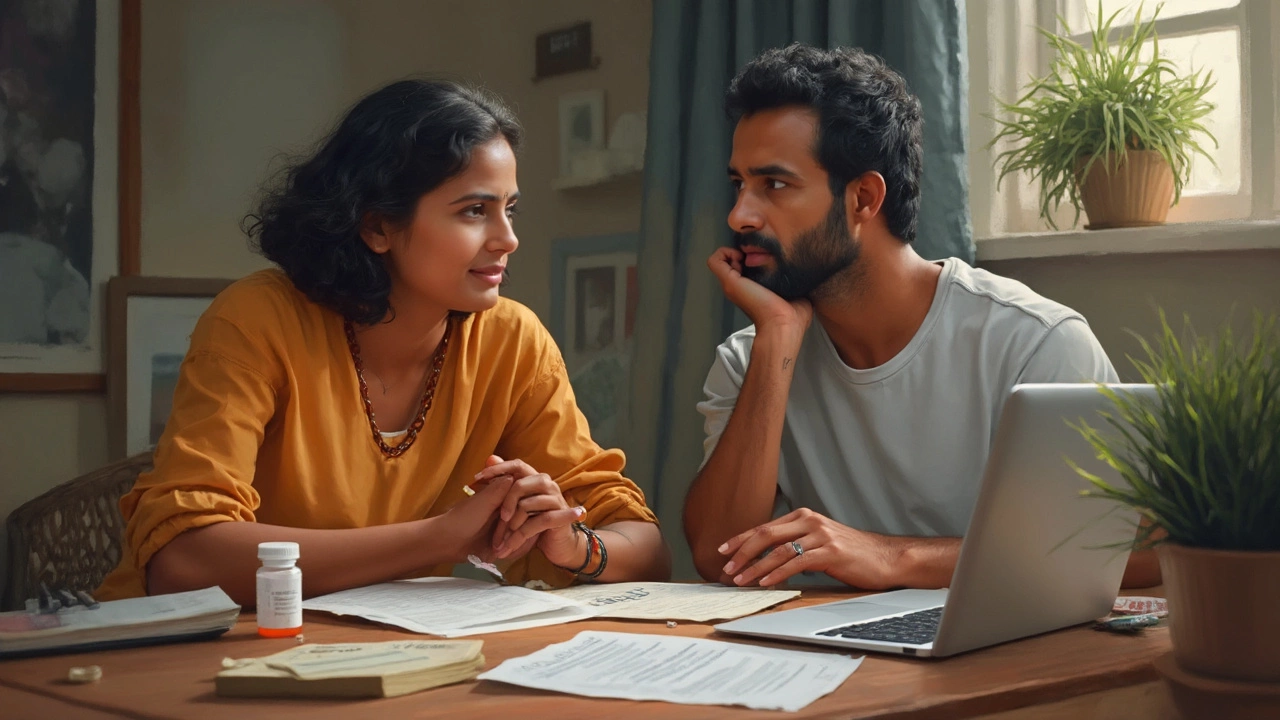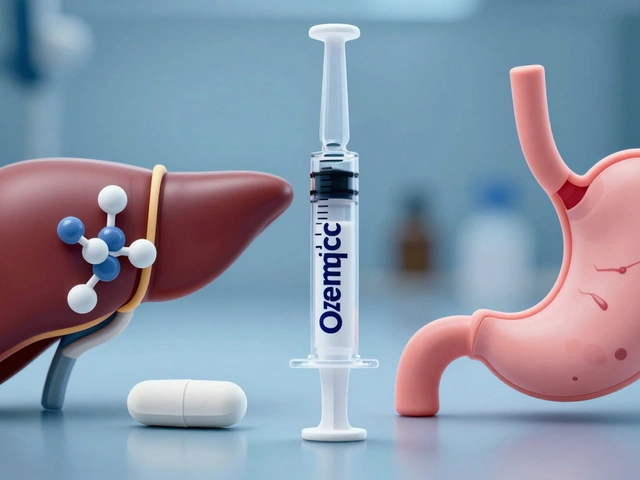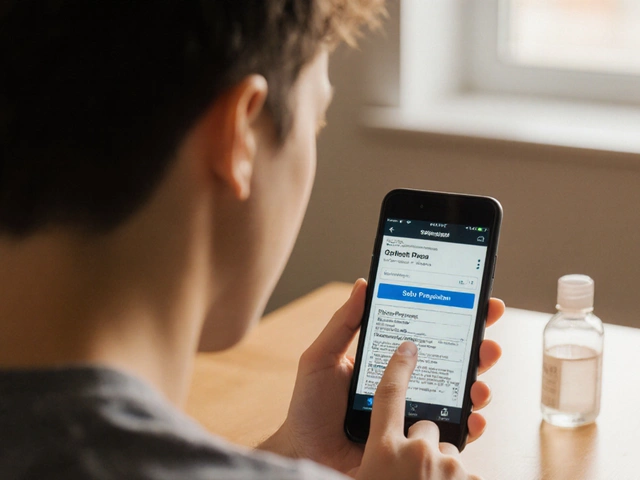Insurance Tips for Safe Medicine Use in India
Buying medicine without checking your insurance can bite you later. A few simple steps can save you from hidden costs and risky drugs. Below are the most useful things to do before you swallow that pill.
Check What Your Policy Covers
First, open your policy document and look for the section on medicines. Some plans only pay for generic drugs, while others cover brand‑name medicines if a doctor prescribes them. If the list mentions "toxic medicine" or "high‑risk drugs," you know the insurer is watching those extra closely. Call the insurer’s helpline and ask for a quick clarification – they usually give a clear answer in a minute.
When you get a prescription, note the exact drug name, dosage, and why it was prescribed. This information matches the claim form and prevents delays. If the medicine isn’t on the covered list, ask your doctor if a cheaper, equally safe alternative exists.
Know the Claim Process for Prescription Costs
Most Indian health insurers treat medicine bills like any other hospital expense. Keep the original receipt, the doctor’s prescription, and any lab reports that show why the drug is needed. Upload these documents to the insurer’s app or portal within the timeframe mentioned in your policy – usually 30 days.
If you’ve already paid out‑of‑pocket, you can still claim reimbursement. Fill out the reimbursement form, attach the receipt and prescription, and send it back. Some insurers even offer a “cashless” option where the pharmacy is linked directly to the insurer, so you don’t pay anything up front.
Watch out for hidden exclusions. Some plans don’t cover over‑the‑counter supplements, Ayurvedic herbs, or experimental drugs. If you’re unsure, ask the pharmacy if the drug is “insurance‑eligible” before you buy it.
Finally, stay aware of drug safety alerts. The Ministry of Health and Family Welfare regularly publishes lists of medicines that have been flagged for toxicity or side‑effects. If your insurer has a mobile alert service, subscribe to it. A quick notification can warn you that a drug you’re taking is under review, letting you talk to your doctor before any trouble starts.
Putting these steps together saves money and reduces the chance of harmful side‑effects. Insurance isn’t just about paying hospital bills; it’s a tool to keep you safe when you take medicine. Keep your policy, receipts, and doctor’s notes organized, and you’ll never be caught off guard by a surprise bill or a risky drug.

Does Express Scripts Cover Ozempic Costs?
Trying to figure out if Express Scripts pays for Ozempic? It's a common concern for many looking to manage type 2 diabetes without burning through their budget. The coverage can depend on numerous factors, including your specific insurance plan and whether your healthcare provider deems it necessary. Understanding these nuances will help you navigate your options better.




